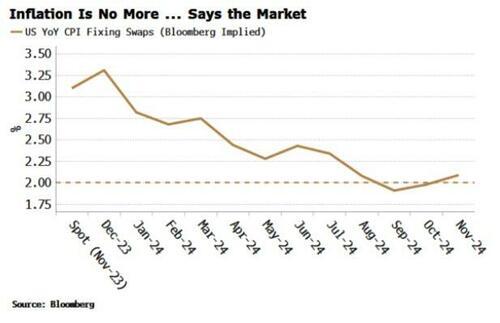Q: My family lives in a brownstone in Park Slope, Brooklyn. Our next-door neighbor passed away in July 2021 and didn’t leave a will. Her niece and nephew claim to be the inheritors of the home, though they say it’s still in court. Last December, a pipe burst in their house and both our houses flooded. Our insurance covered the repairs in our home, but the neighbor’s home is now filled with wet junk, and the stench is awful. Also, we now have a rat problem that an exterminator says is coming from the neighbor’s backyard. What recourse do we have here?
A: Vacant houses that fall into disrepair because the owner dies and the title hasn’t been transferred to a new owner can be a big neighborhood problem. But you don’t need to wait for the courts to act before you can ask for help.
Your situation potentially involves several city agencies. You can start by filing a complaint through 311 so that the correct agencies are alerted and inspectors can go to the scene. The city will act on an anonymous complaint, but if you include your contact information, the agencies should call you or even schedule a visit to learn the details of that complaint, said Ryan J. Degan, deputy press secretary of the Department of Buildings.
Depending on the conditions witnessed by the inspectors, the city could take enforcement actions. — though it may take longer in this case because there’s some ambiguity about who owns the house next door.
The city’s Department of Sanitation can clean the outside of a vacant house only if the garbage is accessible from the sidewalk or the street. But first, the department has to follow a legal process that includes attempts to contact the owners to inform them about violations. If the department can clean it up, the owner is billed for the service, said Vincent Gragnani, the D.O.S. press secretary.
You can also write a letter to the court handling the estate — though this may require hiring a lawyer — letting the judge know that the property has become a public nuisance in the time since the owner’s death. The court may be able to move the case along, or help remedy the situation, said Joseph Schilling, an expert on vacant properties with the Urban Institute.
Mr. Schilling called this “a classic legal case of a property that’s causing a public nuisance,” and recommended alerting both the city and the court: “All of those avenues, I would probably pursue them on parallel tracks.”
For weekly email updates on residential real estate news, sign up here.
















